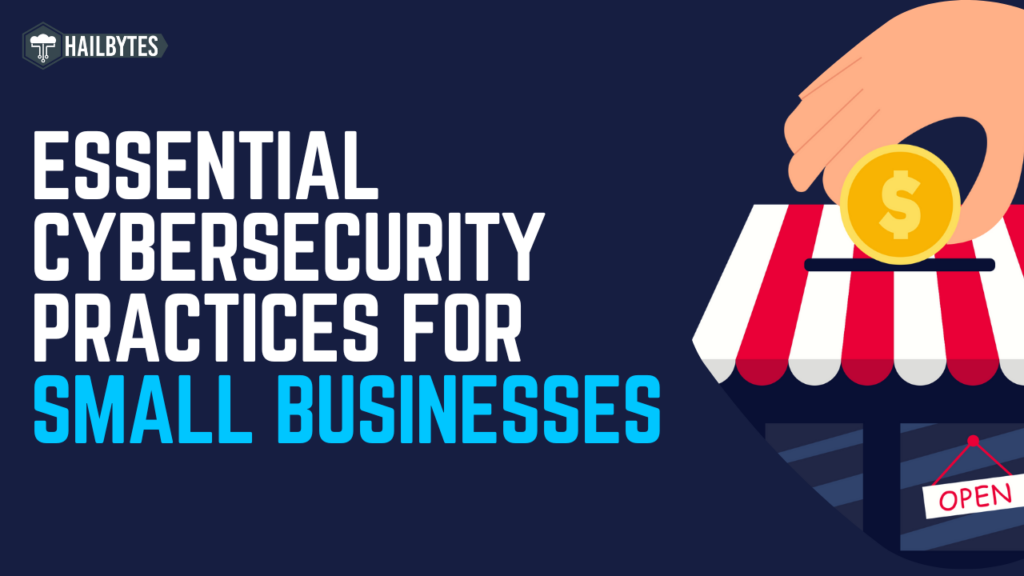Essential Cybersecurity Practices for Small Businesses

Introduction
Cybersecurity is a critical concern for small businesses in today’s digital landscape. While large corporations often make headlines when hit by cyber attacks, small businesses are equally vulnerable. Implementing effective cybersecurity practices is vital for safeguarding sensitive data, preserving operations, and maintaining a positive reputation. This article presents a concise guide to cybersecurity best practices tailored specifically for small businesses.
Best Practices
- Conduct a Risk Assessment: Assess potential risks and vulnerabilities specific to your small business. Identify valuable assets, evaluate the impact of a security breach, and prioritize resource allocation accordingly.
- Enforce Strong Password Policies: Require employees to use complex passwords and regularly change them. Promote the use of a combination of upper and lower case letters, numbers, and special characters. Consider implementing multi-factor authentication for enhanced security.
- Keep Software Updated: Regularly update all software applications, operating systems, and devices used within your business. Software updates often include crucial security patches that address vulnerabilities. Enable automatic updates when possible.
- Utilize Firewall and Antivirus Protection: Deploy robust firewalls and reliable antivirus software to protect your network and devices from malicious attacks. Configure firewalls to block unauthorized access and ensure regular antivirus updates.
- Secure Wi-Fi Networks: Secure your wireless networks by changing default passwords, using strong encryption protocols (such as WPA2 or WPA3), and hiding network names (SSID). Implement a separate guest network to limit potential risks.
- Educate Employees: Train employees about cybersecurity best practices and raise awareness about common threats, phishing attempts, and social engineering tactics. Foster a culture of security-conscious behavior among your staff.
- Regularly Backup Data: Implement a data backup policy to protect critical business information. Store backups securely and offsite, and consider using encryption. Periodically test data restoration procedures to ensure backup integrity.
- Control Data Access: Implement strict access controls for your digital assets. Grant employees access privileges based on their roles and responsibilities. Regularly review and revoke access rights for former employees or those who no longer require access.
- Secure Payment Methods: If your business accepts online payments, use secure payment gateways that encrypt customer payment information. Comply with Payment Card Industry Data Security Standard (PCI DSS) requirements to protect cardholder data.
- Develop an Incident Response Plan: Prepare an incident response plan outlining the steps to be taken in the event of a cybersecurity incident. Assign roles and responsibilities, establish communication channels, and outline procedures for containing and mitigating the impact of an attack. Regularly test and update the plan to address emerging threats.
Conclusion
Small businesses must prioritize cybersecurity to protect their digital assets and ensure business continuity. By implementing these essential cybersecurity practices—conducting risk assessments, enforcing strong passwords, updating software, utilizing firewalls, educating employees, backing up data, controlling access, securing payment methods, and developing an incident response plan—small businesses can significantly enhance their cybersecurity posture. Taking proactive measures will safeguard their operations, build customer trust, and support long-term growth in the digital age.






